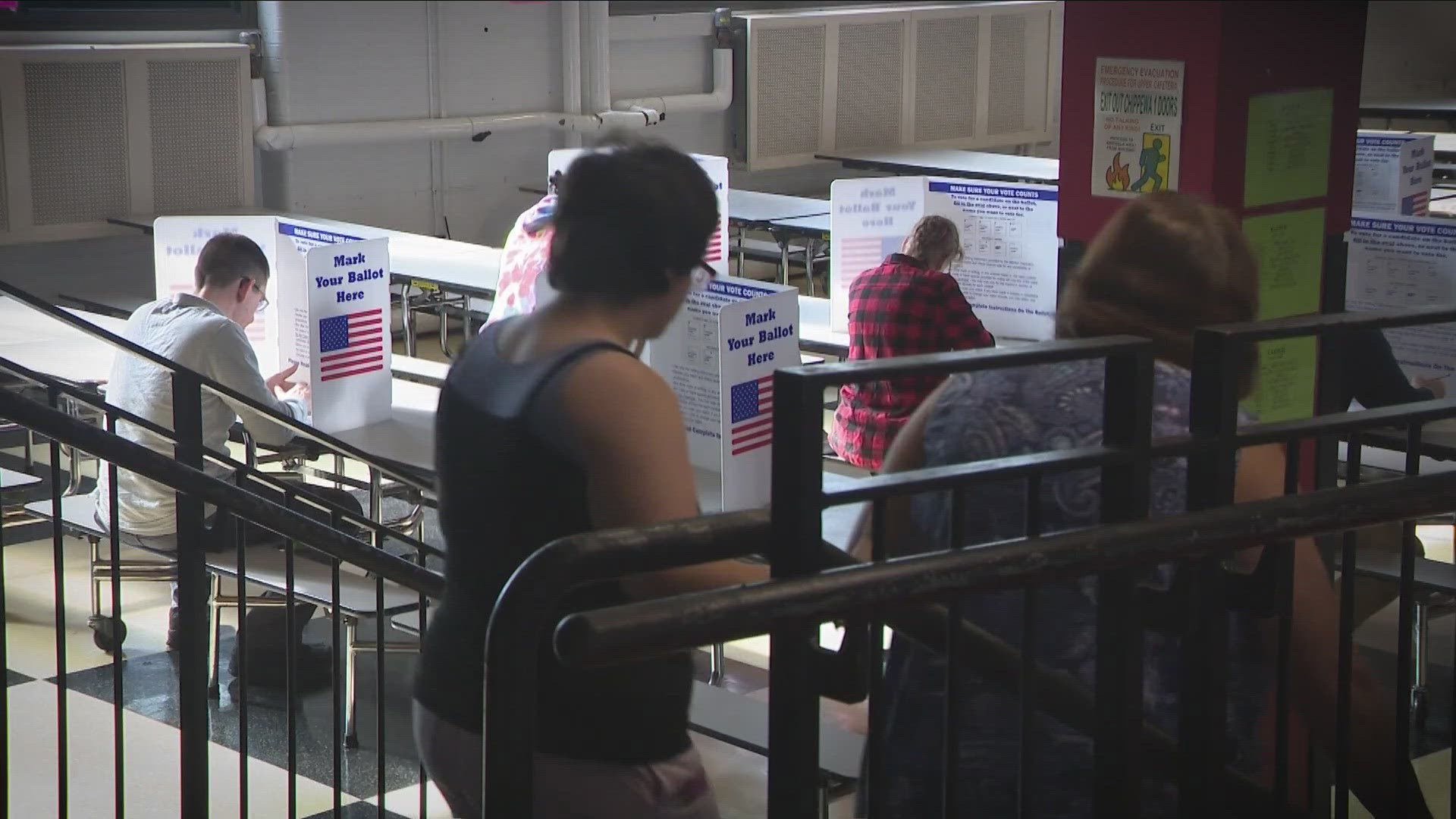BUFFALO, N.Y. — During any race, one side always wins and another will inevitably lose. For the 2024 election, it leaves Trump supporters and Harris supporters with very different feelings. No matter the side, one local health expert suggests parents might want to see how their kids are feeling, too.
Although children are not able to vote yet, Licensed Psychologist Doctor Amy Beth Taublieb said it is still important to talk to your kids about the election and the outcome. Dr. Taublieb said those conversations are not only important, but also necessary.
"If these conversations do not occur in the home and the child is in need of this type of guidance or information, they will look elsewhere," Dr. Taublieb said.
She added where kids find that advice and information may not be where parents want it.
Having these conversations though could be tough. It can be difficult to know exactly how to talk to your children about this topic. Luckily, Dr. Taublieb shared some advice.
"You can't all of a sudden throw something at a kid when they're in the midst of some stressful occurrence. Share his or her experience, and then you respond to that. You don't go in with an agenda, because if you do, you're going to just get derailed... Everybody wants the best for our city, for our state, for our country. However, everyone does not agree in terms of what is the best way to get there," Dr. Taublieb said.
She said having these conversations early is also important and should be done when the timing is right. Dr. Taublieb advises however, not to wait too long before starting the conversations.
"You don't teach them...the day after they need to use it. These are lessons that parents teach their children every day," Dr. Taublieb said. "You are teaching them acceptance and mutual respect. You're attempting to teach them just because someone does not agree with you, that doesn't mean that they're bad or a bad person."
She uses sports teams in her example lesson to help children learn. "The team we want to win, and by definition, that means another team ends up losing. But that doesn't mean the team we don't want to win is evil or bad or not good people. And it's important for parents to reflect that in their behavior," Dr. Taublieb said.
There are resources you can go to such as local doctors, NAMI, Center for Child Counseling, and SAMHSA. Dr. Taublieb said you can also look to religious leaders and sources too.
Schools in Western New York are also having similar educational conversations with their students. Mark Laurrie, the Niagara Falls Schools Superintendent, said they discuss all local, state and national elections during current events, social studies classes, and civics. He said their curriculum includes talking about how elections work.
That also means looking at the Electoral College. It's not only about the Presidential Election where students are learning about the process. It is also how the Senate and the House of Representatives are impacted. They also had voter registration days for their students ages 16 to 18.

